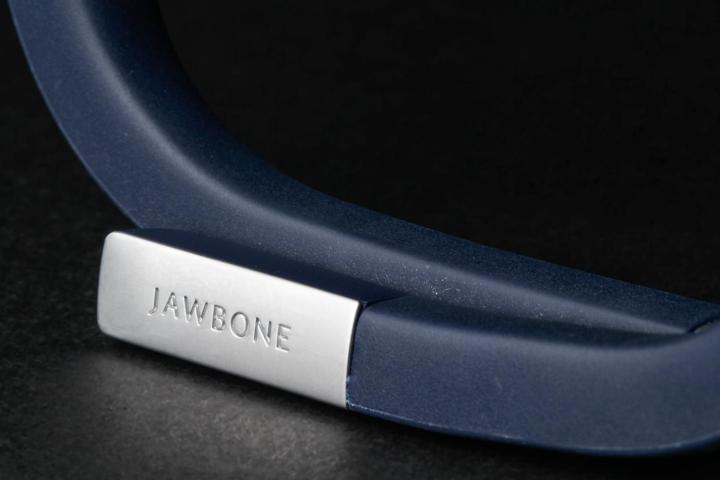
It comes at a particularly tricky time for Fitbit as it’s currently preparing for its IPO, scheduled for later this month. Filed Wednesday in a California court, the latest lawsuit accuses Fitbit, which is also headquartered in San Francisco, of infringing a patent for “a wellness application using data from a data-capable band,” the Wall Street Journal reported.
Piling up the problems for Fitbit, Jawbone – a company that’s gained prominence in the fitness-tracker market with its range of UP wearable devices – said it also intends to approach the International Trade Commission regarding its complaint, action that could ultimately result in Fitbit-related import bans.
Jawbone told the BBC that an “extensive review revealed that Fitbit’s wearables infringed on our patents. In order to protect our investment in products and technology, we felt we had no choice but to take this action.”
Jawbone first signaled its unhappiness with its big rival at the end of last month when it accused Fitbit of illicitly obtaining confidential information from the company. The wearables maker says Fitbit approached around 30 percent of its employees earlier this year with offers of work. Some of those who moved to Fitbit allegedly downloaded confidential information from Jawbone servers before leaving.
“This case arises out of the clandestine efforts of Fitbit to steal talent, trade secrets and intellectual property from its chief competitor,” Jawbone lawyers stated in the complaint.
Fitbit responded by saying it was “unaware of any confidential or proprietary information of Jawbone in our possession,” adding that it intends to “vigorously defend” itself against all of the allegations.
Some analysts say the fitness tracker and wider wearables market could be worth as much as $12 billion by 2018, with the Jawbone-Fitbit spat an indication of the intense competition developing within the rapidly expanding sector.


